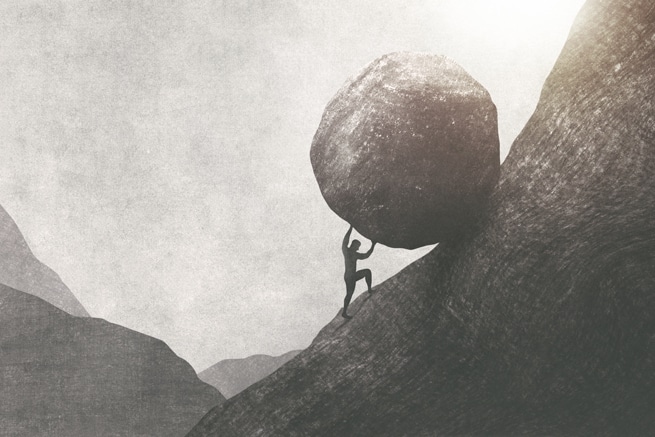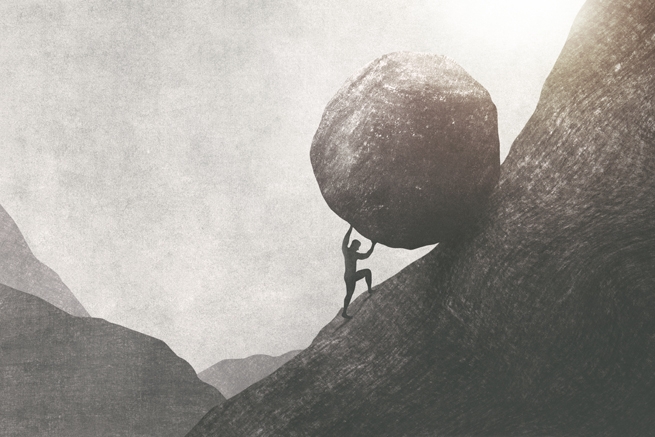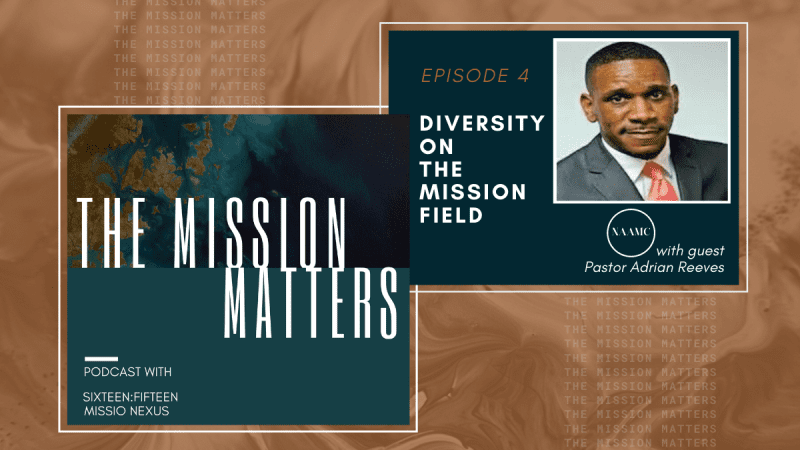Pain and the Minority Experience in MPD


This article was originally published for Support Raising Solutions by Diana Morris.
This is part one of a two part article series. This first article shares the support raisers experience. The second article shares a bigger vision and perspective from that of a coach and can be found here.
As an immigrant woman on staff, there have been parts of my “staff life” that I have experienced, very differently than my majority culture peers, particularly when it comes to MPD. Most majority culture staff don’t have to think and worry about the same things I do. The pain I experience surfaces from the unique doubts, challenges, and struggles I face as an immigrant. Our place in this country is different. There is a difference in our past. My history isn’t just about me, but about my family and my home country.
I was born and raised in Venezuela and moved to the US in 2013 to join staff with Destino, after having served in North Africa for two years.
My pain with MPD started in May 2013 when my coach at the time questioned God’s calling in my life, for the first time:
“If you don’t step up, we are going to have to re-evaluate if God is calling you to full time ministry”
After only three months of raising support in a foreign country where I only knew a few people, God providing 25% of my support wasn’t good enough for him.
He probably didn’t mean to crush me, but what he didn’t see was that every single call I made took double the effort. Every contact was a referral that I worked so hard for. I think what hurt the most is that he wasn’t celebrating God’s faithfulness to me. 25% was A BIG DEAL to me, and he made it seem like it wasn’t.
He didn’t see that I lost all of my support that I had coming from Venezuela because my country was in turmoil. My past success in MPD when I was in Venezuela, just made my failure in the US more painful.
Part of the reason why my experience has been so painful with MPD in this country, is because I entered into a system specifically created for white middle class christians. It has for decades benefited those who are connected to the right people. As an immigrant woman I have had to swim against the current; I’ve had to swim and survive in waters not created for me. Not just because I’m a minority, but also because the country I come from is falling apart.
60% of my support as a STINTer came from Venezuela, which I was always so proud of. But because of the political and economic turmoil I lost all of that.
This has kept me as “new staff” for six years.
Just recently at our winter conference, I ran into a couple people who joined staff with me. They are team leaders, have gone on several summer missions, some have bought houses, have at least five years of campus ministry experience, have served overseas and come back. I have to admit, I was a bit ashamed to say I’m “still” new staff.
So you can see that my pain in MPD is accentuated by my past experiences with my coach and even the turmoil happening in my home country. But my pain goes deeper still because of the perpetual cycle of powerlessness that it keeps me on.
“I’m not trying to minimize the very serious and real challenges of those in the majority culture. I’m not trying to compare or judge levels of pain that people have endured in their lives. What I’m trying to do is clarify that minorities experience a unique and additional layer of pain that those from the majority culture simply do not have to deal with.” Adrian Pei
I often think of Hannah in the Bible. A woman who felt deep pain.
She is the Prophet Samuel’s mom. Her story is recorded in the book of 1 Samuel chapter 1, if you want to read it. For years she was barren and the Lord gave her no children. Penninah, her husband’s second wife who had a few sons, made fun of her and rubbed it in, never letting her forget that she had no children.
I wonder how wholeheartedly she did her part only to get her period each month. I also wonder how many people told her to give up hope. To stop doing this to herself.
And people probably meant well, they didn’t intend to hurt her, but she was carrying years of disappointment they couldn’t see. Her past was a heavy burden.
She cried and prayed hoping that God would hear her. One day she dared to come to the temple, being that she was a woman, in her cultural context, her place was at home.
In a culture where women existed to bear children and your self worth was determined by how many kids you had, she was powerless without a son. Also, your first born son was supposed to take care of mom in case dad passed, who would take care of her if something happened to her husband?
Yet Hannah came to the Lord and she brought her broken heart and her shattered hopes to Him. And God heard her. In the same way, we know we can come to the Lord with our pain. We can trust Him with it, and we can trust God’s people with it, just like Hannah confided in the priest Eli who was at the temple that day.
Let us be a familia that listens with our hearts open to our collective stories of pain. And may they cause us not to fear or get defensive, but to lift each other to the Lord, hope for His redemption, and be advocates for one another.
*[Most of my wisdom comes from Adrian Pei’s book The Minority Experience. Primarily chapters 1 and 2]
This article is submitted by Jessica Wood of Support Raising Solutions. Support Raising Solutions is a Missio Nexus member. Member organizations can provide content to the Missio Nexus website. See how by clicking here.






Responses